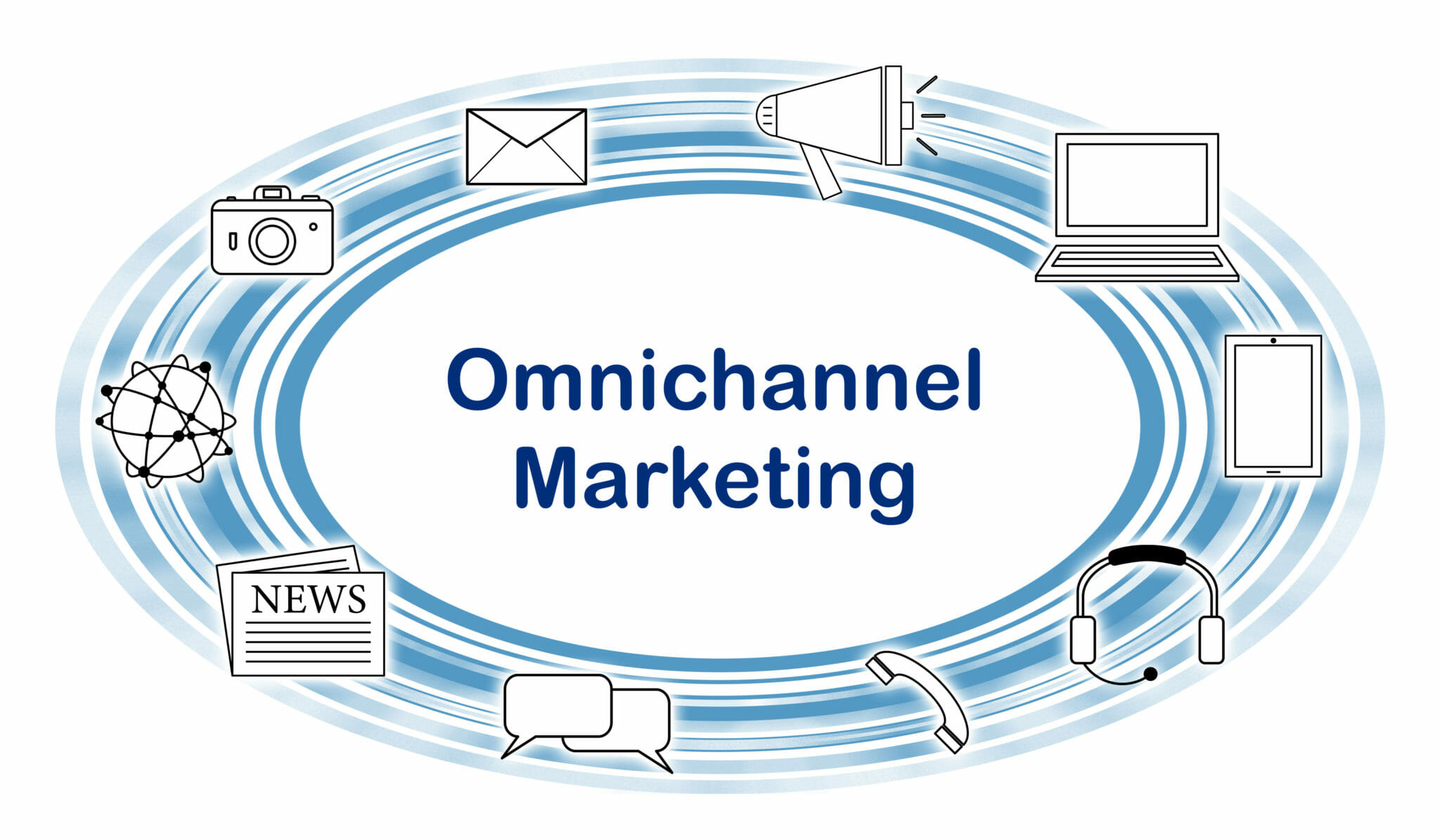
What is Omnichannel Marketing?
Omnichannel Marketing?
Omnichannel marketing refers to creating your brand’s presence across multiple online (website, app, social media, email, SMS, WhatsApp). As well as offline (retail store, events, call-center) channels while ensuring a positive and seamless experience throughout the customer journey.
The word ‘positive’ and ‘seamless’ is crucial to note because 67% of the customers cite bad customer experience as the reason for churn. So, if you are looking at winning and retaining customers, it’s important that you must take your omnichannel marketing strategy seriously and strengthen it to offer a positive experience to your customers throughout their journey.
Why its Important?
Harvard Business Review, along with a major US retail company, conducted a 14-month study to understand the shopping behavior of customers. They interviewed 46,000 shoppers and found the following:
- 7% of the customers were only-online shoppers
- 20% of them were store-only shoppers
- A whopping 73% of them used multiple channels throughout their shopping journey
The study further revealed that the more channels the customers used, the more valuable they proved to be to the retailers. For example, the study found that the customers who used more than 4+ channels spent 9% more in the store than the ones who used a single channel.
Benefits of Omnichannel Marketing
- Boost Customer Loyalty
Customers purchase from the brands they value and trust. Omnichannel marketing efforts provide a consistent experience across all platforms and offer a personalized experience for each audience member. This sort of approach improves the overall customer experience and leads to increased customer loyalty and retention.
- Improve Brand Recall
Omnichannel marketing’s emphasis on cross-channel consistency ensures your customers will see your brand in the same way across platforms and devices. This consistency helps strengthen brand recall for your customers. A strong sense of brand recall will increase the likelihood of purchase across your customer base.
- Realize Increases in Revenue
Omnichannel strategies improve customer loyalty, strengthen brand recall, and promote repeat purchases. These efforts help brands retain customers and attract new customers through content personalization and word-of-mouth marketing. With more customers, comes more business and, of course, more revenue.
How to Build a Perfect Omnichannel Marketing Strategy?
- Plan the experience of the customer– Understand their channels, their behavior across all channels. And create a detailed plan on how you want the experience to flow across all the touchpoints.
- Use data as a base while strategizing– With the help of CRM data, social listening data, and customer’s online search behavior, you will know how your customer behaves and can accordingly create a solution to address their challenges. You can even reduce the churn by using the data in the right way.
- Segment the users and personalize the journey– Once you analyze the data, you can easily segment users into different categories based on common behavior patterns. This will help you to create personalized journeys for each type of customer.
- Get the context right– The most crucial part of an omnichannel marketing strategy is the context. Sending the wrong message to the wrong audience at the wrong time will dissuade your users from engaging with you. Ensure that the context of your message is relevant to the user. Then send it to the user at the time they are most active. And on the channel, they engage with the most.
- Select the right marketing automation tools– Use the right marketing tools to implement your strategy right from the time of conceptualization to implementation. Do a thorough analysis before selecting the right one.
- Make your organization customer-centric– This is an important step. Because unless your employees are not trained to offer a consistent experience to the customers, no amount of strategy or marketing tool will help.


